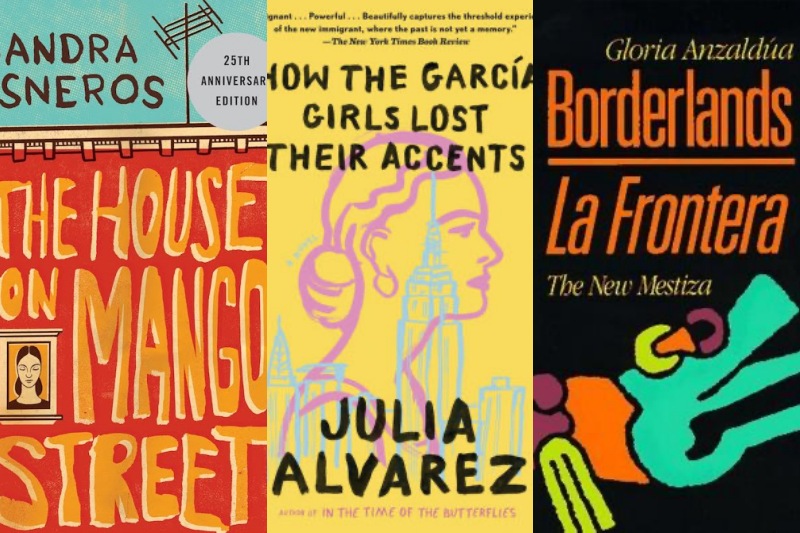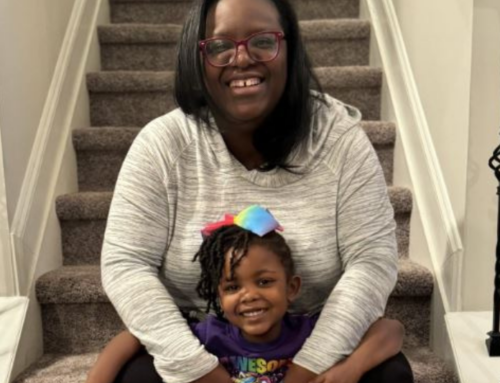National Hispanic Heritage Month 2020 begins on September 15 and ends on October 15. This time celebrates and recognizes the contributions Hispanic Americans have made to American society and culture.
SANDRA
As we approach Hispanic Heritage Month this year, it’s impossible not to reflect on the protests over the past several months. On an individual level, some have decided to embark on an antiracism journey. They are being curious, asking questions, and trying to learn about experiences different from their own.
In that spirit, I’m choosing to lift up voices of Latina authors that have explored their ancestry, identity, and sense of belonging, whether born in the US or coming to this country as an immigrant. Despite growing up on the US-Mexico border and being an avid reader, it wasn’t until college that I read my first book by a Latina author. I remember devouring writers Sandra Cisneros (The House on Mango Street), Julia Alvarez (How the Garcia Girls Lost their Accent), and Gloria Anzaldua (Borderlands/La Frontera). At 18, it was the first time I saw my family and my experiences reflected back to me. These writers put words to experiences and emotions that I had not fully understood. It was through the examination of their words that I began to think critically about my Mexican heritage and unique experience of growing up on the border.
More recently, I have connected with the writings of a younger Latina generation—Erika Sanchez (I am Not Your Perfect Mexican Daughter), Kali Fajardo-Anstine (Sabrina & Corina), Valeria Luiselli (The Story of My Teeth), and Gabby Rivera (Juliet Takes a Breath)—that continues to address issues of identify and representation of the Latinx experience.
Many of the same themes I explored decades ago continue to persist in contemporary fiction and nonfiction. Gloria Anzaldua described that she explored not only the physical borderlands, but also the “psychological borderlands, the sexual borderlands and the spiritual borderlands.” Perhaps these are borderlands that you also straddle because they are universal. Perhaps reading works from these Latina authors will help you appreciate new perspectives, and perhaps you will also see yourself in their words, as I did.
Perhaps reading these Latina authors, will help you appreciate new perspectives and perhaps you will also see yourself in their words, as I did.
Check out this list of recommendations for more Latinx authors.
Written by Change Specialist Sandra Silva




